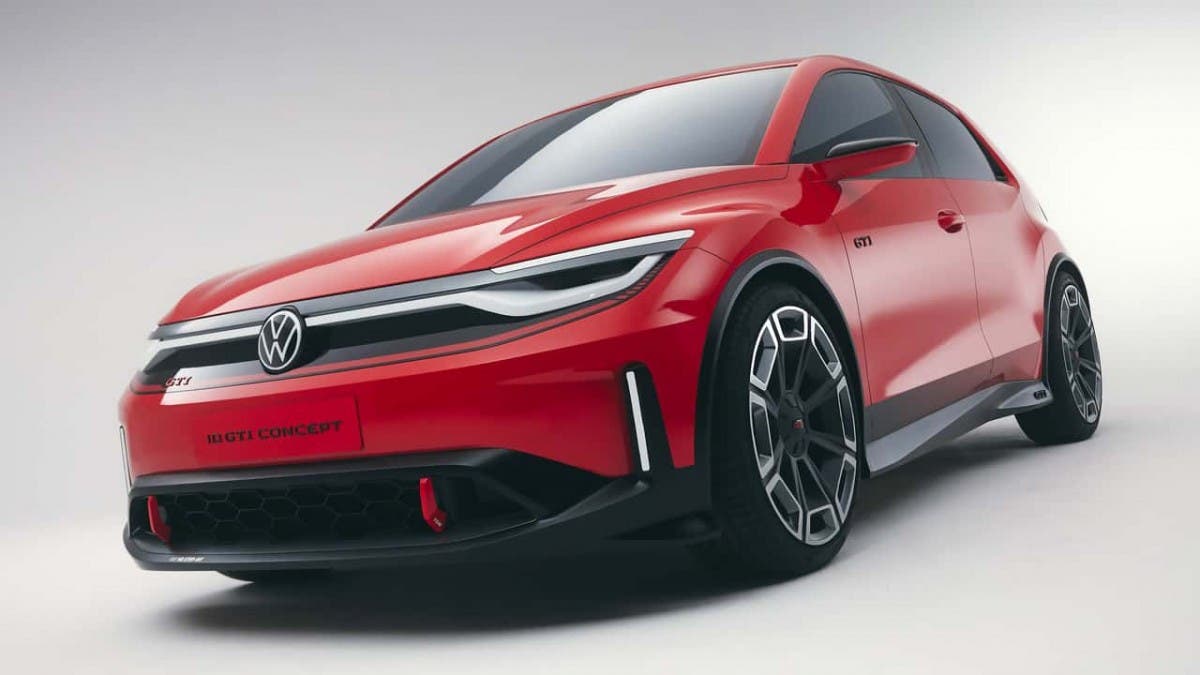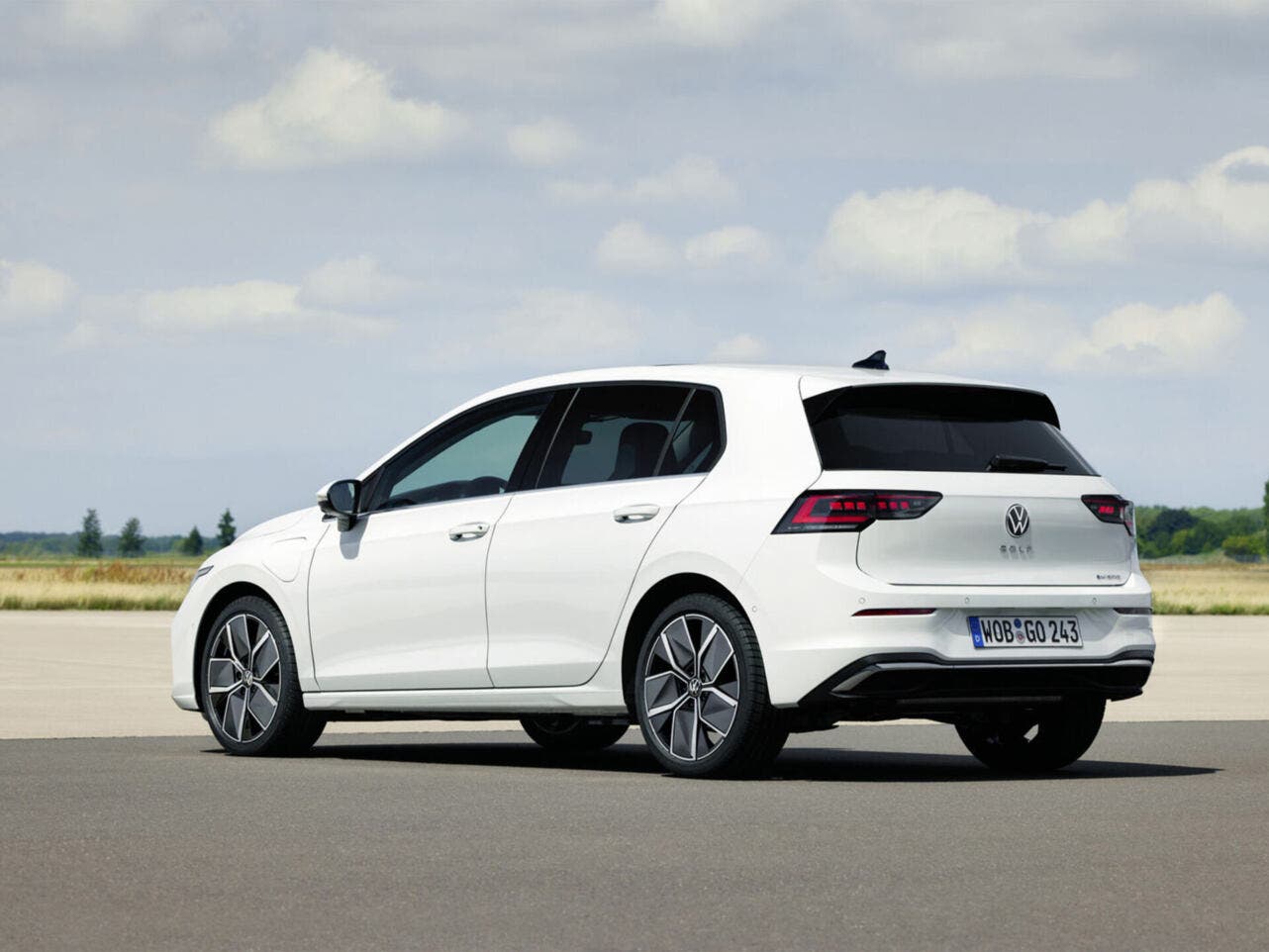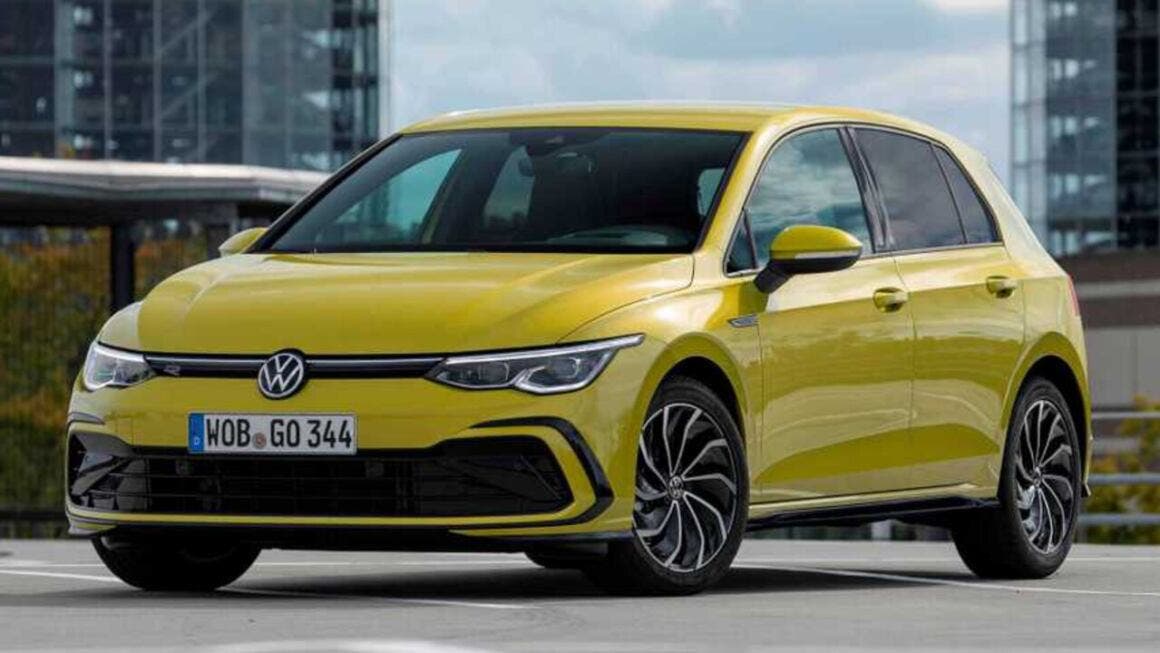Volkswagen Golf has long been a cornerstone of the compact car market, but its future looks increasingly complicated. The plan to electrify the Golf with the ninth-generation model has hit a major roadblock: costs. The renovation of VW’s Wolfsburg plant, intended to be the hub of electric vehicle production, has turned out to be far more expensive than anticipated, delaying the launch of the new Golf EV by nearly a year. The ambition was bold.
Built on VW’s Scalable Systems Platform (SSP), the Mk9 Golf was supposed to usher in a new era of performance, combining instant torque, quiet operation, and software-driven features developed partly through partnerships with Rivian. It was meant to be not just another EV, but a benchmark in its segment. But reality has slowed progress.

Bloomberg reports that the price tag for retooling Wolfsburg is currently too high, forcing VW to postpone the investment. As a result, the current Mk8 Golf will stay in production in Germany longer than expected, disrupting earlier plans to shift it to Mexico and make room for its electric successor.
Production numbers highlight the struggle: from over one million units built in 2015, output has dropped to just 300,000 last year, with forecasts of only 250,000 for 2025. The rise of crossovers like the T-Roc is partly to blame, but the Golf is also showing its age in a shrinking compact segment.

This delay undermines VW’s European strategy at a critical time. Electric vehicles already account for 17.4% of new car sales in the EU, and without a Golf EV, the brand risks losing ground to competitors racing ahead with affordable battery-powered compacts.
While models like the ID.2 and ID.1 aim to capture budget-conscious buyers, the Golf name carries unique weight in the market. Volkswagen now faces a tough choice: extend the Mk8’s life with hybrids and updates, or push harder to bring the Golf EV to market despite the high costs.
